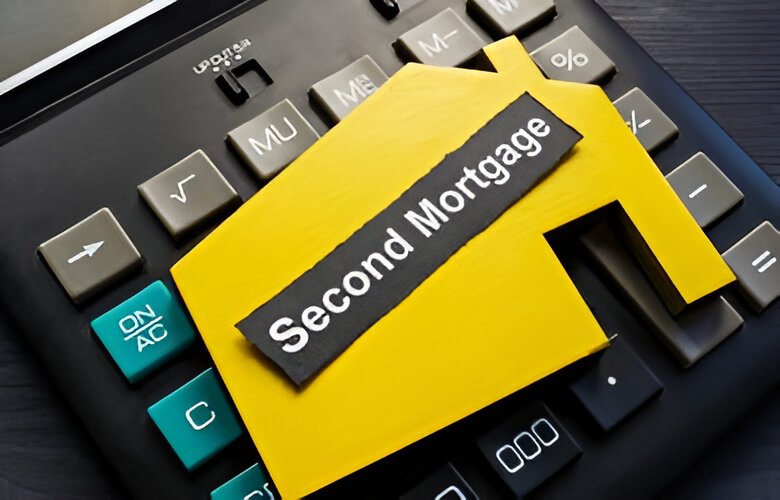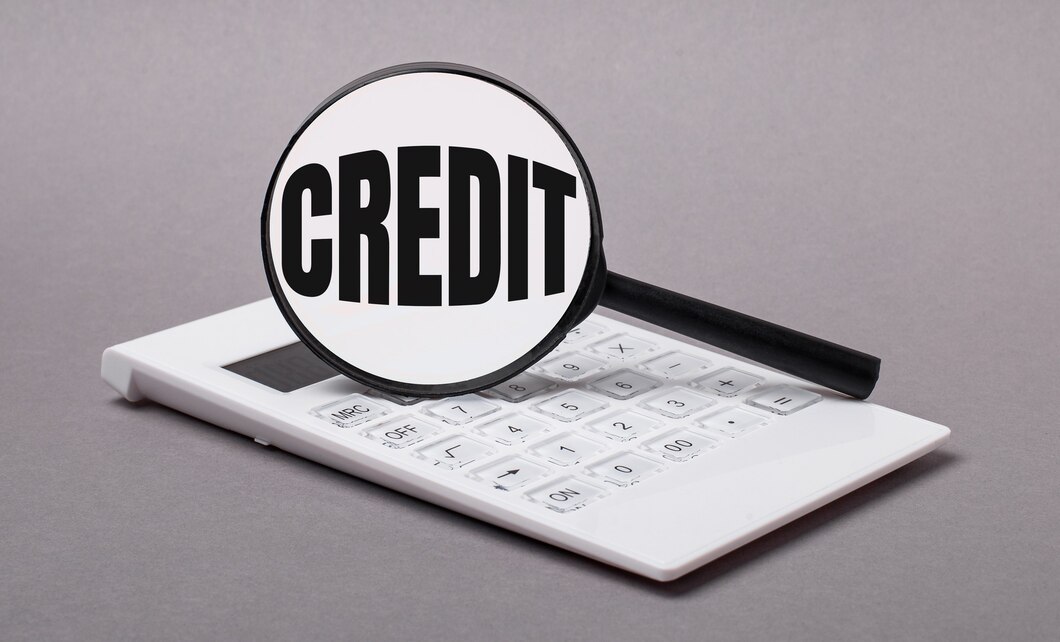A commercial real estate mortgage is a finance secured by commercial real estate (rather than residential) and secured by the property. The borrower is usually a company or business rather than one individual, and the entity can be a partnership, limited liability company, or corporation.
As a result, evaluating credit history with this sort of mortgage is more difficult. Due to the additional risk, commercial property mortgage rates are likely to be much higher than residential mortgage rates.
Types of Properties
Commercial properties include a variety of different types of buildings. It’s essential to figure out exactly what kind of property you want to finance. If purchased as an investment property, residential real estate can be funded with a commercial mortgage. This can be classified into one of three groups:
- Residential – 5 units or more
- Residential Commercial Mixed
- Offices
- Retail – retail stores, shopping centres, shops
- Industrial – warehouse and factories
- Leisure – hotels pubs restaurants, cafes, sport facilities
- Healthcare – medical centres, hospitals, nursing homes
A commercial property mortgage can be used to finance a variety of other properties. If you want to finance an office, retail, or industrial property, you should look into a mortgage for real estate.
Expected Time Frame
Residential mortgages typically take 90 days to close, but they can be completed in as little as two to three weeks. real estate mortgages issued by banks, on the other hand, take substantially longer to close, taking anything from 60 days to a year.
Types of Mortgages for Commercial Real Estate
It might be difficult to compare rates for mortgages for commercial property because lending criteria are rarely posted and terms and conditions can vary substantially. Using the services of a mortgage broker is recommended. A commercial mortgage broker typically works with office, industrial, retail, and rental apartment facilities, and can connect you with a variety of lenders in the area.

A lender will assess the risk associated with the individual property.
A mixed property, for example, could have a storefront on the ground floor and two or three floors of residential space above. If a property’s business area is larger than its residential area, it poses a greater danger (in square feet). Commercial properties are often thought to be riskier because repayment is contingent on the success of the business.
Qualification Criteria
If you want to get a mortgage for commercial property, you must meet certain requirements. Because the value of mortgage is significantly higher, the threshold is set quite high. Here is some of the criteria you are expected to meet:
- The ratio of debt service to income. This is the most important factor for lenders to consider, and it is effectively the ratio of accessible cash to required mortgage payments. To balance the chances, most lenders will use a loan-to-value ratio and will want you to put some of your own money into the transaction.
- History of credit. Most lenders will want a good personal credit score as well as proof of creditworthiness for your business. There are a few lenders who will consider applicants with less-than-perfect credit, but they are sparse.
- The current state of the business. Commercial lenders want your firm to be lucrative and consistent once it is up and operating. To ensure that you will be able to make your payments on schedule, you may need to give your business strategy and financial projections. Some lenders may have a $100 to $200K minimum net worth demand. RRSPs, cash, stocks, and other liquid assets are required.
- Type of company. Mortgage’s terms are determined by the sort of business and the property you intend to buy. Because this is a complicated topic, you should seek the advice of a specialist – either a solicitor or a chartered surveyor.
- Down payment. A commercial property will require a larger down payment. On a mixed-use property, a typical down payment ranges from 20 to 35 percent. A pure commercial property usually has a greater percentage, around 50%. Your risk profile has a direct impact on the amount of money you’ll need to put down.
Document Requirements Employment/Income Documents
You’ll need money coming in on a regular basis to be able to make your mortgage payments each month. Your income must be sufficient to meet not only each mortgage payment, but also any other debts you may have.
Your lender will want to know specifics about your income and employment situation to ensure that you have enough money and are in a stable enough position to make mortgage payments for the duration of the mortgage.
Here are some documents that you may need to supply that fall under this category:
- Pay stubs – Your current pay stubs will prove how much money you make on a regular basis.
- Notice of Assessment – Canada Revenue Agency (CRA) provides employed persons with a notice of assessment every year after their tax returns are submitted. It will list any outstanding taxes that you still owe, helping the lender determine your total debt-to-income ratio.
- T1 tax forms – Your tax returns will show how much money you earned in the previous year, which can help prove how creditworthy you are.
- Letter of employment from your employer – Your lender will want to know what your job title and status is to make sure that your position is stable and is not expected to be downgraded in the future.
- Business articles of incorporation (if you are self-employed) – Lenders will be able to determine if you are able to pay your bills on time and have enough money for your mortgage payments by looking at your business’s credit report and articles of incorporation.
- 3 years of personal tax returns (if you are self-employed) – If you work for yourself, you will need to prove that you have been bringing in a regular income over the past few years. Your tax returns will help show this.
Personal Financial Documents
Any personal information that has an impact on your capacity to pay your mortgage or demonstrates your creditworthiness, such as the following, may be requested:
- Bank account information – Your lender will want to have access to your bank account and transit number for mortgage payment purposes.
- Credit report – Your lender will pull this report on your behalf, which will show your credit score and will help prove your creditworthiness.
- Pre-approval letter (if applicable) – If you were pre-approved for a mortgage (which is highly recommended), your lender will want to see this documentation.
- Statement of assets or investments – Your assets and investments will be worth a certain amount, which can be used as part of your down payment or can simply serve as a back-up in case your income falters at some point.
- Any additional income sources (if any) – Anything else that you may have that can prove your lender may ask for your full income.
Down Payment Documents
To get a mortgage, you’ll need to put down a deposit on the new place, and that money will have to come from somewhere. Here are some documents that could be needed to establish the source of your down payment funds.
- Savings or investment statement from the previous 90 days – Any savings you’ve accumulated or money you’ve made from investments in the past 90 days should be submitted to your lender in writing.
- Any proceeds from a previous home that will be used for your down payment must be confirmed to the lender, which you can do by providing a record of the real estate transaction.
- Withdrawals from your RRSP (if applicable) through the Home Buyer’s Plan (HBP) – If you’re buying your first home, the Home Buyer’s Plan may allow you to contribute money from your RRSPs to your down payment.
- Gift Letter (if applicable) – If you are utilizing money from a friend or family member as a down payment, you will need to provide a Gift Letter declaring that the money was given as a gift and does not need to be repaid.
Property Documents
Both the property you’re selling and the one you’re buying will require documentation from your lender.
Documents for the Property You Are Purchasing
- Purchase and sale agreement – This document outlines the parameters of the home purchase as well as the price you will pay. This information will be needed by your lender to estimate your principal amount and confirm the proportion of your down payment.
- MLS listing — The lender will want to view your home’s original MLS listing, which will include other crucial details such as property tax projections, condo fees (if applicable), and heating costs.
- Legal description of the home – This covers the complete address and postal code.
- Certificates for wells and septic systems — These are primarily for rural properties.
Documents for the Property You Are Selling
- Recent mortgage statement – It will tell the lender how much you still owe on the property and how much equity you have in it.
- Legal description of the home — This information should be available from the home’s original purchase agreement or your property tax statement.
Commercial Mortgage Insurance
Commercial property insurance is more complicated than residential property insurance. A pure commercial property, for example, will not be insured by CMHC. They may, however, insure a mixed residential-commercial property with as little as a 15% down payment.
With personal residential property, the lender can be confident that the borrower would prioritize his or her mortgage payments. If the business isn’t going well, it’s easier for the borrower to declare bankruptcy and default on a mortgage. As a result, lenders require insurance as a kind of security.
Mortgage Broker Fees
If you use a mortgage broker to connect you with a lender who offers a competitive rate, the broker will charge you, the client, a finder’s fee. This can cost anywhere from a few thousand dollars to tens of thousands of dollars. Private funds, such as pension funds, credit unions, mortgage conduits, and specialty “niche” lenders, are now offering some of the best mortgage rates.








